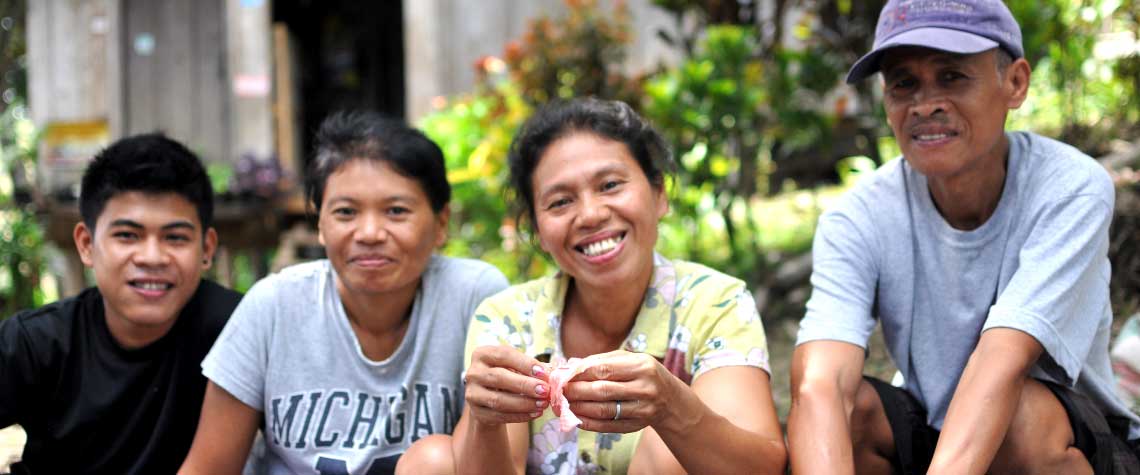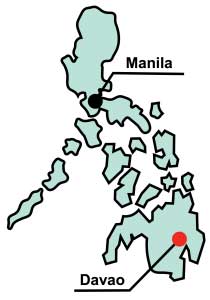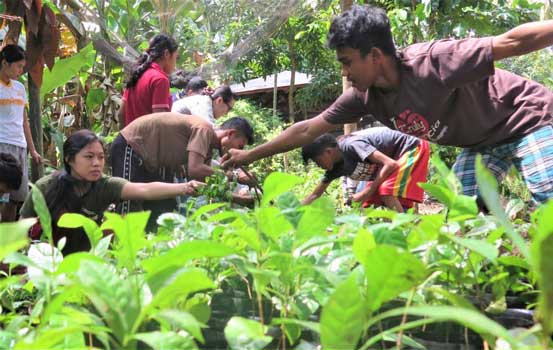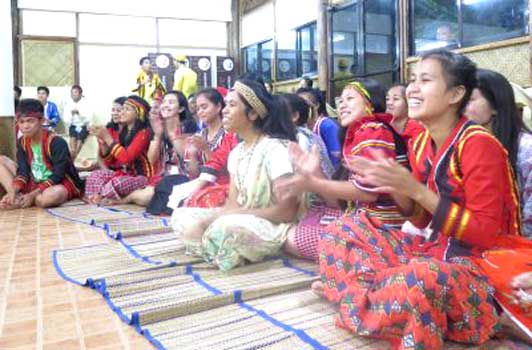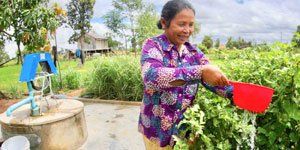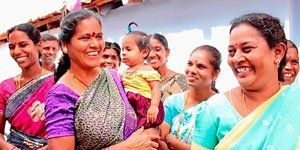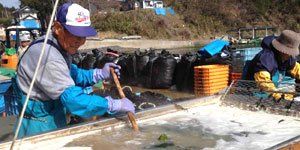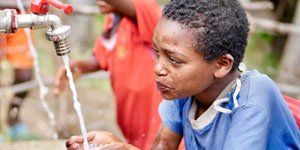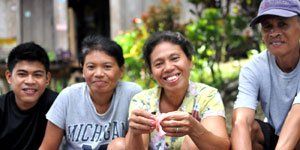HOPE International Development Agency has been working in the Philippines from 2003, helping families and communities in need become self-reliant. As Indigenous Peoples are one of the groups most affected by poverty in the Philippines, our work has primarily been amongst them.
Indigenous Peoples face not only poverty, but also marginalisation and “vanishing cultures.” By supporting education for their youth that is also sensitive to their cultural heritage, we can empower them to guide themselves and their communities towards a sustainable future. From this vision, the Pamulaan Centre was born and remains one of our key projects in the Philippines.

